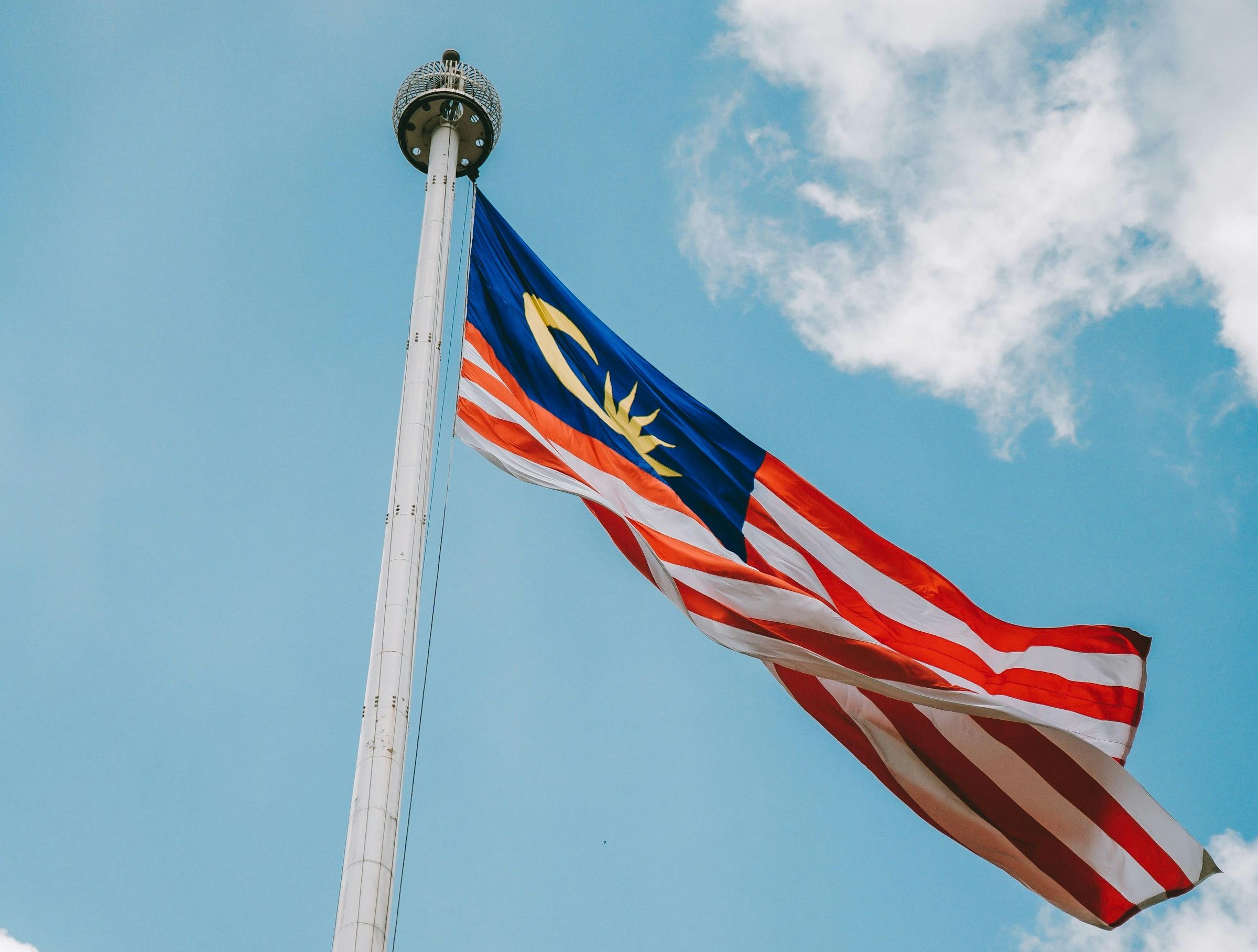Washington’s proposed reduction of a 25% import tariff on Malaysian goods—floated just hours after a call between President Trump and Prime Minister Anwar Ibrahim—appears on the surface to be a bilateral trade détente. But in substance, it is an early marker of deeper strategic alignment in critical minerals and regulatory standardization, with capital flow implications extending well beyond August 1.
Multiple Malaysian concessions—recognition of US halal certification and rare earths supply commitments—suggest a recalibration of sovereign industrial strategy under pressure. These aren’t one-off diplomatic giveaways. They are signals of a longer-term capital and policy pivot: Malaysia stepping further into Washington’s near-friend industrial corridor as rare earth nationalism and regulatory fragmentation reshape the global economic map.
Kuala Lumpur’s willingness to recognize US halal standards is symbolic. But the true economic lever in this negotiation is rare earths. Malaysia’s estimated 16 million tonnes of rare earths reserves—largely unprocessed due to tech shortfalls—are now being structurally reweighted in the capital allocation priorities of both Washington and Putrajaya.
The US’s rare earths security posture, intensified under multiple National Defense Authorization Acts since 2019, has made clear that Chinese processing concentration—currently over 85% of global refined rare earths—represents a material national risk. Malaysia offering upstream access, even in raw ore form, realigns it as a critical node in the US’s strategic resource chain, alongside Australia and select Latin American suppliers.
Washington is not buying commodity flows—it is securing processing optionality and capital control over future mineral routes.
Malaysia’s recognition of US halal certification for certain categories such as pharmaceuticals is not economically weighty in isolation. But it unlocks downstream export facilitation for US producers in a heavily regulated consumer segment. More importantly, it marks a rare formal recognition of non-OIC halal frameworks—an institutional shift that, while politically delicate, opens regulatory interoperability.
That interoperability is not just symbolic. It could de-risk export pathways for American firms into ASEAN Muslim-majority markets, particularly in sectors like cosmetics, food supplements, and medical devices. For Malaysia, conceding this standard-setting authority in exchange for tariff relief sets a precedent—perhaps unintentionally—for how technical standards can be traded as soft capital.
The tradeoff here isn’t price. It’s jurisdictional signaling.
While the tariff negotiations opened multiple channels of compromise, one structural boundary remained firm: Malaysia’s bumiputera equity quota system. US negotiators reportedly raised the issue, but retreating from this decades-old economic pillar was never politically tenable for the Anwar administration.
This reaffirmation of domestic policy red lines, even amid high-stakes trade talks, underscores the asymmetric flexibility in bilateral economic talks. Washington asked. Kuala Lumpur declined. The equilibrium held, but the asymmetry was made visible.
In institutional capital terms, it signals that Malaysia will trade resource flows and regulatory recognition—but not foundational policy sovereignty—for access repricing.
This US–Malaysia tariff reprieve isn’t just a trade policy event. It is a forward signal for institutional capital allocators tracking resource nationalism, critical supply chain reconfiguration, and alternative regulatory alignment. Malaysia’s positioning—offering mineral flow and regulatory concessions in exchange for market access—now mirrors the calculus of mid-tier economies navigating multipolar industrial alliances.
Three capital signals are worth watching:
- Mineral-linked FDI inflows: Expect increased exploration and pre-processing investment interest from US and allied investors, possibly under DFC or ExIm Bank instruments, contingent on Malaysia’s capacity to formalize and scale rare earth extraction.
- Regulatory standard arbitrage: Halal certification interoperability may accelerate food and pharma sector investment from US-origin firms using Malaysia as an ASEAN hub—fueled less by volume and more by market-access calculus.
- Political hedging in capital formation: Malaysia’s reaffirmation of the bumiputera quota system amid Western trade asks reinforces a pattern seen in Indonesia and India—where global integration is framed around bounded sovereignty. This makes local political stability a stronger input into foreign investment decisions than traditional macro metrics alone.
The bilateral tariff reprieve is unlikely to move equity indices or commodity spot prices in the short term. But its structure—soft regulatory recognition plus critical mineral access in exchange for market repricing—offers a template for how Washington will trade access for alignment in the mineral-industrial axis of its China hedge.
This is not a simple tariff rollback. It’s a playbook for how Washington will trade access for alignment in the mineral-industrial axis of its China hedge. And for Malaysia, it is the opening move in testing how far it can move toward industrial utility without breaching domestic political fault lines.
The Anwar administration’s maneuver shows a willingness to compartmentalize sovereignty: safeguarding internal redistributive mechanisms while monetizing global supply chain leverage. What appears tactical today may, in hindsight, mark a structural shift in how Malaysia extracts strategic rent—not through labor or location, but through jurisdictional and resource access. For capital allocators, this is a cue to watch how mid-sized economies monetize their geopolitical relevance—not only through infrastructure corridors or digital trade, but increasingly through policy interoperability and mineral dependency.















